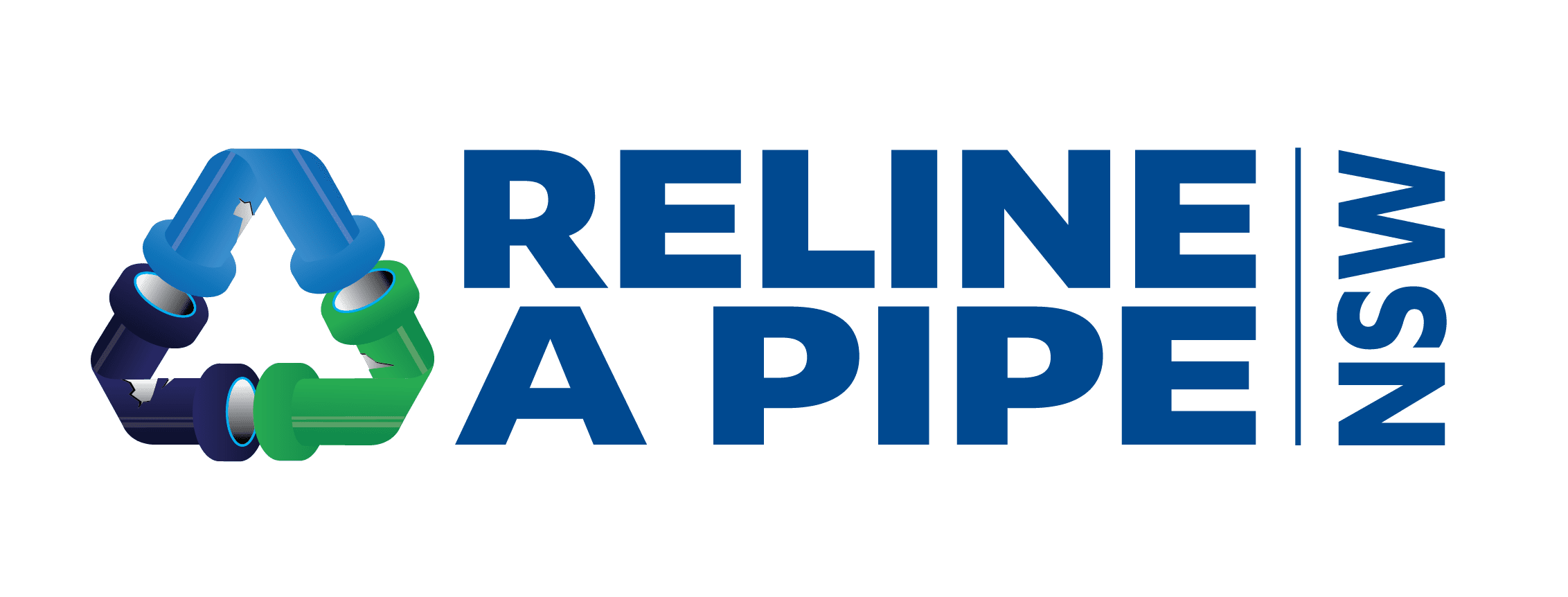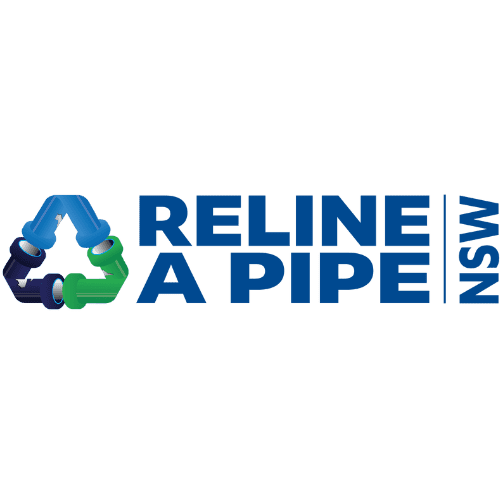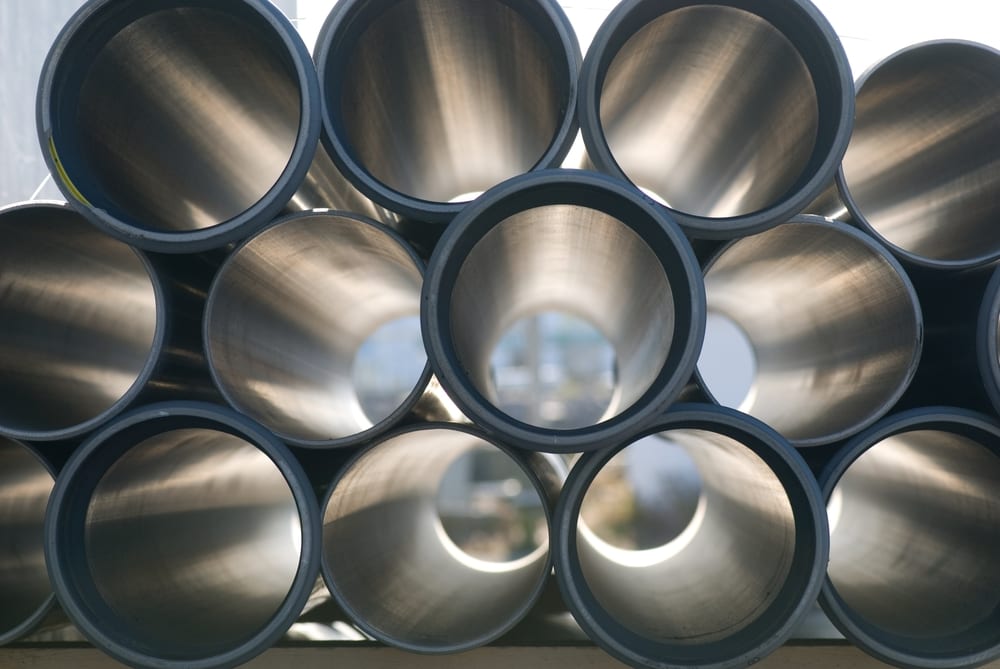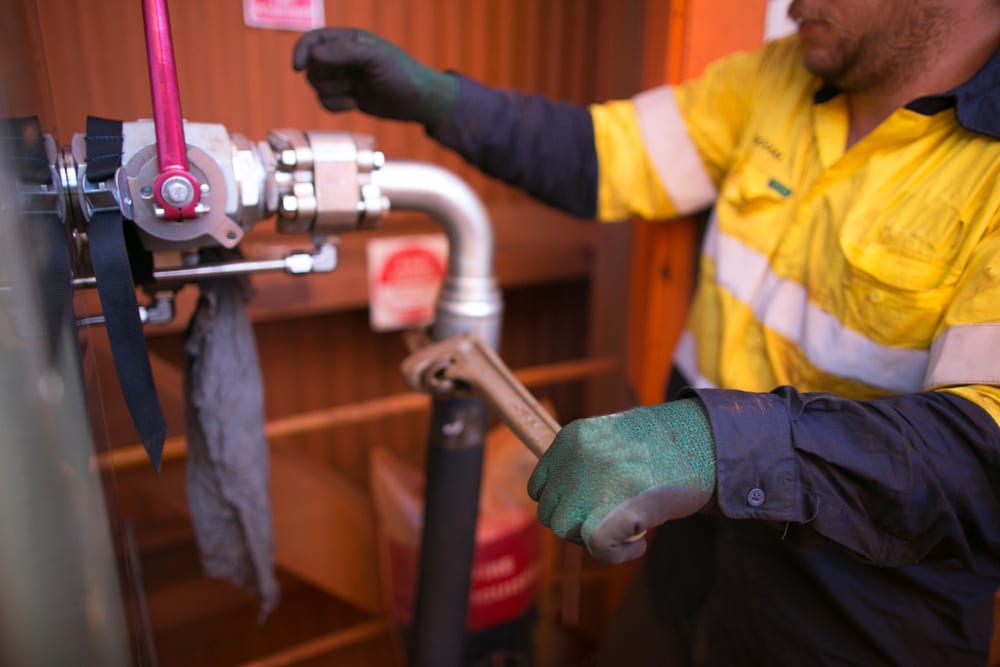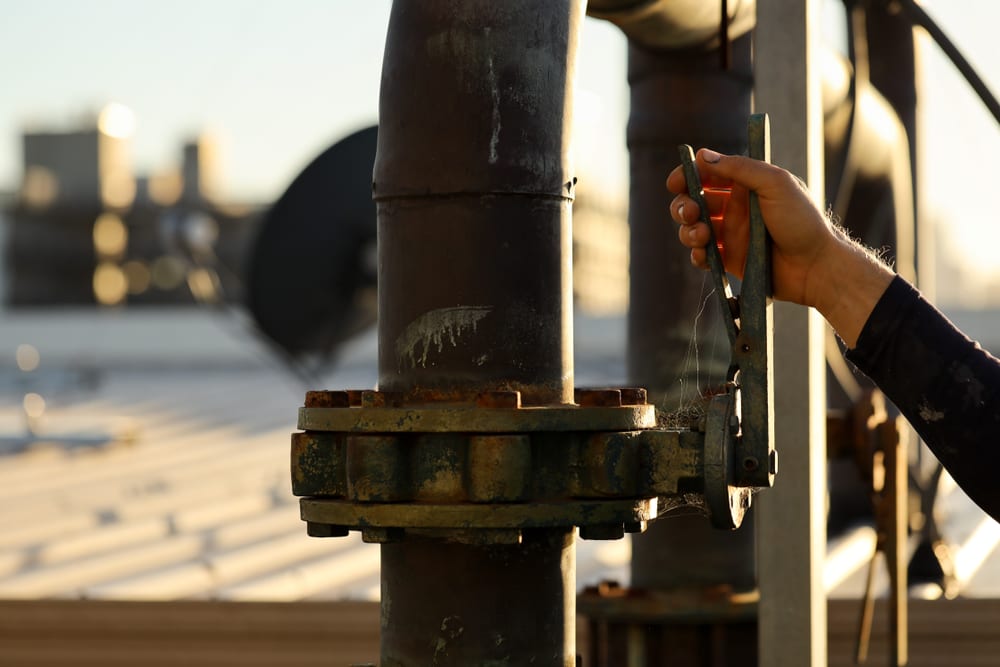EXPERT PIPE RELINING SERVICES
What size hole needs to be dug in order to start the relining process?
Excavation can typically be totally avoided depending on the existing pipe configuration and repair style. If necessary, only one small excavation will be required.
Is there going to be a decrease in the pipe diameter?
The pipe’s overall diameter decreases by 6mm, but this does not impact its required capacity. In fact, the smoother inner surface of the pipe improves flow rate and self-cleansing properties.
What are the measurements for the pipe’s diameter and length?
We have the capability to process lines ranging from 50mm to 250mm in diameter, with a maximum length of up to 50 meters or more.
Do you only line sewer lines?
It is possible to line any pipe, whether it is horizontal or vertical, round or rectangular, for sanitary sewer, stormwater, or any other waste or water pipe or drainage system.
Can you reline bends in the pipework?
It is possible to reline multiple bends with just one liner. Our team have the skill and equipment to do this.
Can you reline junctions?
Yes, we have the capability to install a full one-piece junction liner and restore junctions.
Which types of pipes are suitable for relining?
Any kind of pipe can be relined. Whether its a pool pipe, fire service, sewer, stormwater, gas pipes or trade waste – we can reline them all.
What will occur if the roots have gone into the pipe?
The pipe undergoes cleaning using high-pressure water jet, typically resulting in root removal that allows for problem assessment. After cleaning, the pipe can be relined to prevent root re-entry.
What is the size of the pipe that can be relined?
Pipes ranging from 40mm to 225mm in diameter are eligible for relining.
Is relining expensive?
When considering all aspects, relining the pipe is a cost-effective and eco-friendly option in comparison to digging up and replacing it.
Is relining guaranteed?
We offer a 50 year guarantee on every job we complete, which is typically double the guarantee provided by most plumbers who opt to dig up and replace instead.
Will roots be able to re-enter my pipe after it has been relined?
No, the liner creates a new pipe within the old pipe so strong that the tree roots cannot enter.
Can you fix a broken junction piece?
The one-piece junction seal can be installed in 100 or 150mm junctions with different configurations for both 45 and 90 degree applications.
What is the reason many plumbers don’t recommend this type of repair?
Put simply, not all plumbers are trained in relining and may not have the capacity to do relining. Many plumbers also resist change and hesitate to provide services they are unfamiliar with. Relining can be viewed as a threat by some plumbers, as it eliminates the need for line cleaning.
I need to figure out if relining is appropriate for my application and if it will solve my issue.
A camera inspection is necessary to decide on the most suitable repair method for each situation. While relining may not work in all cases, it could still be required in addition to traditional repair techniques.
Contact us for your pipe relining needs.
Reline-A-Pipe is prepared to assist in repairing and rehabilitating essential drain infrastructure with pipe relining. If you require pipe repairs in Sydney, consider choosing Reline-A-Pipe as your first choice of reline installer.
You can call the team at Reline-A-Pipe in Sydney on (02) 9649 1099 or contact us online.
